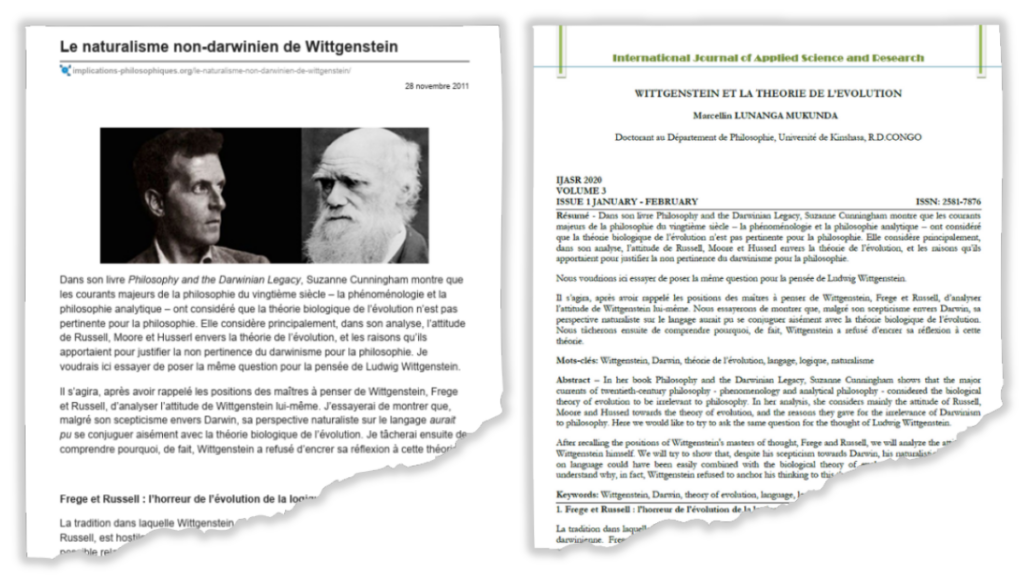
If a plagiarized paper by an author who claims he didn’t write it disappears from a journal’s website with no notice, did it ever exist in the first place? It’s not just a philosophical question for the researcher whose published paper turned up in another journal under someone else’s name.
As a master’s student in 2011, researcher Silvia De Cesare published a paper in Implications Philosophiques analyzing a 20th century philosopher’s skepticism of the theory of evolution despite its compatibility with his philosophical views. Now with two doctorates — in ecology and in philosophy — De Cesare is a postdoctoral scholar at Utrecht University in the Netherlands and studies the relationships between evolutionary theory and the idea of progress.
In June last year, De Cesare learned that someone had published a version of her article in the International Journal of Applied Science and Research (IJASR) in 2020. The paper, a near-verbatim copy of De Cesare’s article apart from the omission of a few footnotes, listed Marcellin Lunanga Mukunda, of the University of Kinshasa in the Democratic Republic of the Congo, as its sole author. But Mukunda denies publishing the paper, telling us he had been hacked, or perhaps robbed, as an explanation for how his name appeared on the paper.
Continue reading Journal silently removes paper for plagiarism, author claims identity theft





